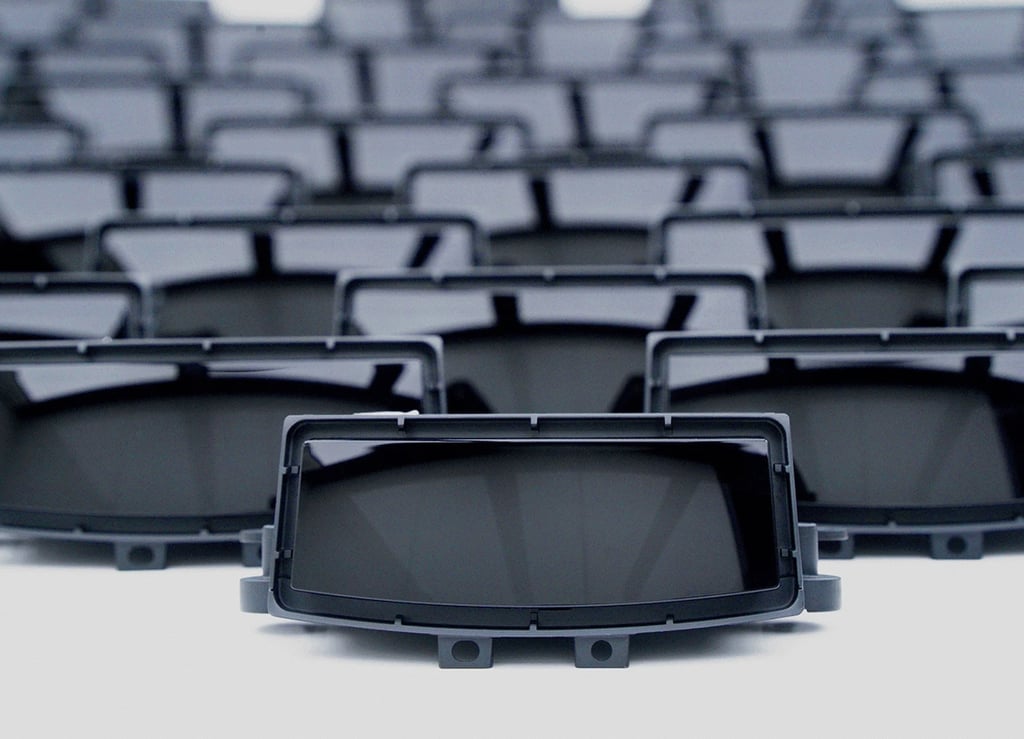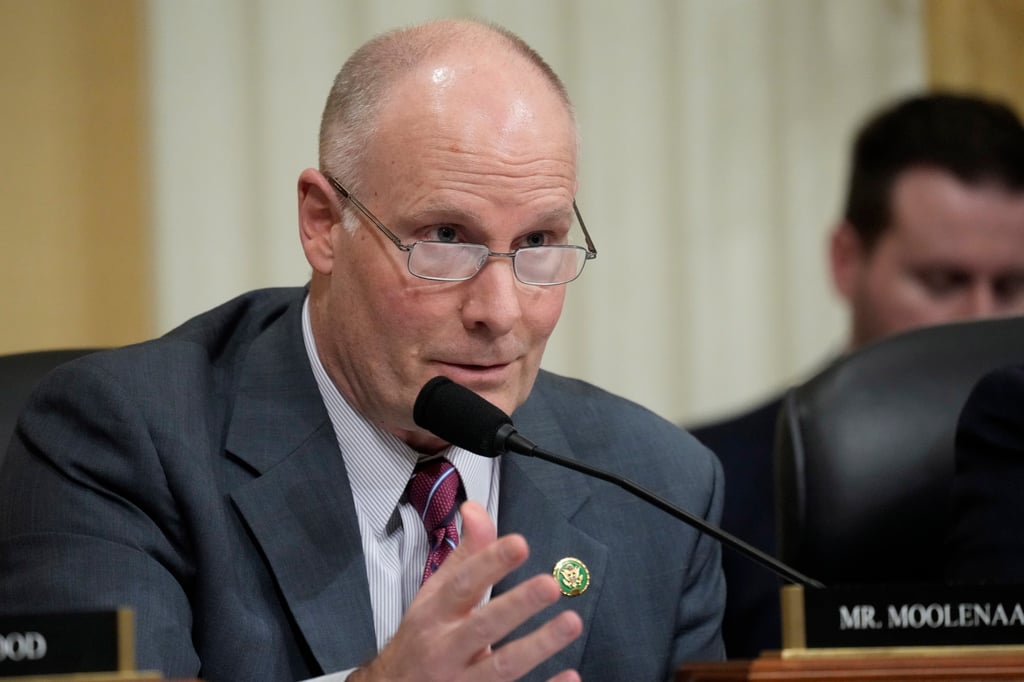American defence officials concluded that Hesai Group did not meet the “legal criteria for inclusion” in the blacklist, according to the Financial Times story on Tuesday.
However, at present the Pentagon “has not yet communicated this action to Hesai, nor have we seen any official announcement or confirmation from DoD on this matter”, a company representative told the Post in an emailed statement on Thursday.
The representative declined to comment on the FT report, instead referring to its inclusion in the blacklist in January as a “mistake”.

Two sources familiar with the matter said the DoD had likely not yet reached a final decision. The DoD has so far refused to comment, noting the matter is still in court.
A US district judge will hear Hesai’s request for a summary judgment on September 24.

US congressman John Moolenaar, Republican of Michigan and chair of the House select committee on China, described lidar as a “foundational technology of the future and one we cannot let our adversaries control”.
Some defence experts tracking Hesai’s case attributed the Pentagon’s current silence to bureaucratic hurdles and heightened internal scrutiny following the media leak.
“The DoD requires labyrinthine approvals and can be subject to all sorts of hold-ups due to ordinary bureaucratic delays,” according to Bill Drexel of the Centre for a New American Security, a Washington-based think tank.
“That said, with the blowback from the announcement that Hesai may be removed from the blacklist, it seems likely that the decision is coming under some further scrutiny internally,” said Drexel.
Lidar remained “a very important strategic technology for defence and we can’t afford to get this wrong”, he added.

